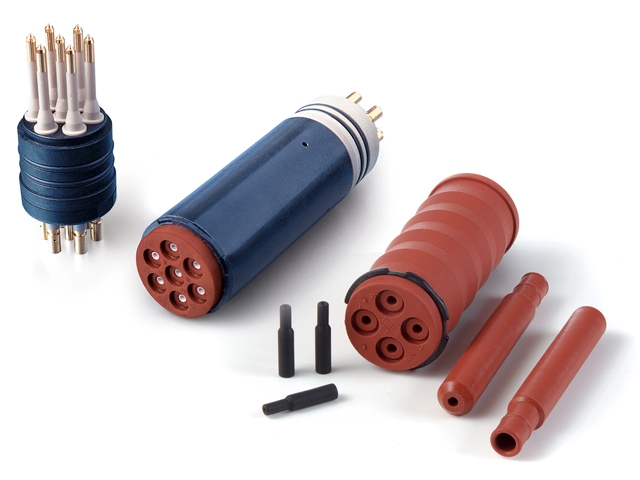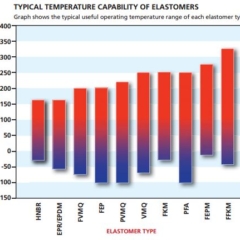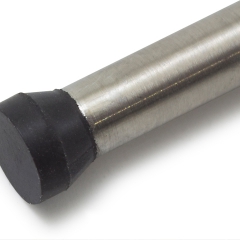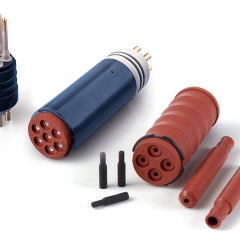Low Temperature Seals

Seals and similar mouldings that offer reliable and effective performance at very low temperature are indispensable to a wide variety of industries – from aerospace and oceanography to oil and gas exploration and chemical processing. Manufacturing such components calls for a detailed understanding of both the materials suited to the task and the environments in which they will function.
As in most applications, choosing the right material and then formulating it in the way that best meets the operational criteria are essential prerequisites to success – and oversights or compromise at this stage will almost certainly lead to seals that become unacceptably brittle, lose compression and inevitably leak.
Working with trusted long-term partners such as Clwyd Compounders and Solvay Speciality Polymers, DP Seals is able to select from a wide range of FFKM, FKM and other advanced materials – each with a definitive set of characteristics that not only ensure predictable performance at temperatures of -40°C and below, but also provide excellent resistance to acids, alcohols, hydrocarbons and many other aggressive agents.
Outstanding performance
Where FFKM is concerned, its virtually unbreakable chemical structure, exceptional stability, low permeation and low compression set all make the material an ideal choice for low temperature applications, yet very few moulding companies are keen to promote its use because of perceived problems about production difficulties and cost.
In contrast, DP Seals has pioneered the use of innovative production techniques to address and resolve those issues – with its own in-house engineers custom-making tools to produce FFKM seals to very exacting specifications and for an increasingly diverse range of applications – and its ever expanding expertise proving that concerns related to mixing, mould characteristics and prolonged postcuring are all unfounded.
Proven expertise
In recent years, the company has worked closely with industry leaders to develop critical components for sub-sea signal, data and power connectors, and in practice, these have provided exceptionally resilient performance in environments where very low temperatures, high pressure and fluctuating chemical properties are all everyday realities.
The company has also manufactured seals for the communications antennae of Royal Navy submarines and designed FFKM seals for the National Oceanography Centre’s latest generation of miniaturised microfluidic sensors. In this latter example an endurance target of 100,000 sampling cycles was just one aspect of the highly demanding specification.
While low-temperature seals remain one of the most challenging areas of activity, the on-going research into materials and processing techniques is extending industry’s options all the time – and giving an ever increasing range of viable solutions to operating in the most hostile environments.
If you think we might be able to help with low temperature rubber seals for your application get in touch and we’d be happy to discuss your requirements.


